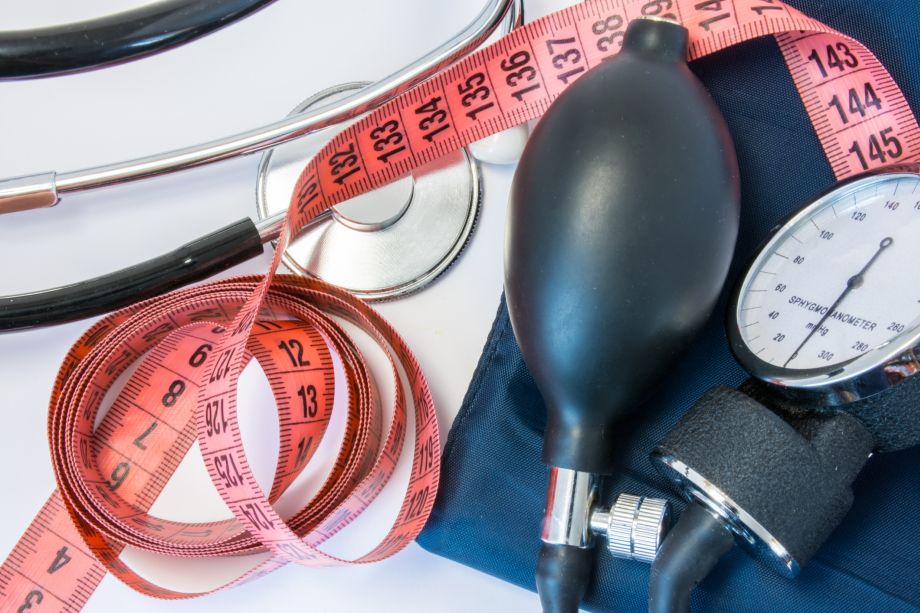Bethesda, MD (Aug. 17, 2018) — More than 60 percent of American adults weigh more than is healthy, which results in increased health issues for the patient and high health care costs. The 2018 AGA James W. Freston Conference, taking place Aug. 18-19, 2018, in Arlington, Virginia, will bring together leading physicians and researchers to discuss current research and techniques to help combat the growing epidemic of obesity.
At the meeting, 27 original abstracts will be presented. Please contact media@gastro.org for the full abstract book. Below are summaries of three of the most impactful obesity abstracts to be presented as oral presentations at the James W. Freston Conference.
If you’d like to speak with the investigators or see the full abstracts, please contact media@gastro.org.
For background information on obesity and obesity treatments, please visit the GI Patient Center. This content was developed by leading gastroenterologists, written at a patient-appropriate reading level.
Weight Loss Drugs Prove Effective in Real-World Setting
Abstract title: Weight Loss Clinical Outcomes to Obesity Pharmacotherapy: ‘Real-World’ Experience at the Mayo Clinic
Lead author: Daniela Hurtado, MD, PhD, Endocrinology and Gastroenterology Departments, Mayo Clinic, Rochester, Minnesota
Summary: Clinical trials have found that pharmacotherapy — or treatment with prescription drugs — combined with lifestyle intervention results in significant weight loss at 1 year. A team at Mayo Clinic tested FDA-approved medications for the treatment of obesity in a “real world” setting for 1 year and found that use of obesity pharmacotherapy in a multidisciplinary weight-loss program results in significant and sustained weight loss comparable to outcomes in clinical trials.
Good Results for Obesity Device That Drains Calories
Abstract title: Effect of Aspiration Therapy on Obesity-Related Comorbidities: Systematic Review and Meta-Analysis
Lead author: Pichamol Jirapinyo, MD, MPH, Brigham and Women’s Hospital and Harvard Medical School, Boston, Massachusetts
Summary: AspireAssist is an endoscopically placed gastrostomy tube with an external device that allows patients to drain approximately 30 percent of ingested calories after meals. While this device has been shown to be effective at inducing weight loss, there is limited data on obesity-related comorbidities. This study provides clarity by demonstrating that obesity-related comorbidities, including blood pressure, cholesterol levels, diabetes and fatty liver status, significantly improve at 1 year after AspireAssist. Additionally, patients have significant weight loss that persists up to at least 4 years after implantation.
Gene Common in African Americans Associated with Worse Outcomes in Children with Obesity
Abstract title: Association of FADS1 Genotype With Metabolic Health And Body Composition In Children With Obesity
Lead author: Webb A. Smith, PhD, University of Tennessee Health Science Center and Le Bonheur Children’s Hospital, Memphis
Summary: Researchers will present their findings that the FADS1 GG genotype is associated with unfavorable body composition and high-risk body fat distributions in children with severe obesity. Since this genotype is common in African Americans, these findings may shed light on why obesity-related health complications disproportionately affect African Americans.
###
Media contact: Rachel Shubert, rshubert@gastro.org, 301-272-1603
About the AGA Institute
The American Gastroenterological Association is the trusted voice of the GI community. Founded in 1897, the AGA has grown to more than 16,000 members from around the globe who are involved in all aspects of the science, practice and advancement of gastroenterology. The AGA Institute administers the practice, research and educational programs of the organization. www.gastro.org.
Like AGA on Facebook.
Follow us on Twitter @AmerGastroAssn
Check out our videos on YouTube.
Join AGA on LinkedIn.












